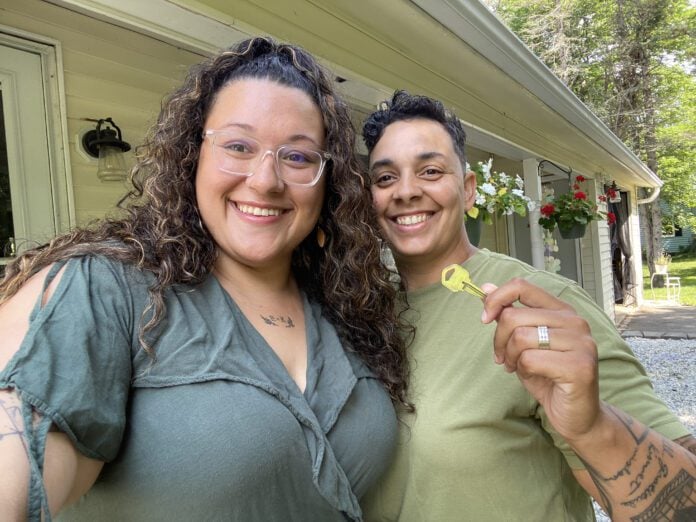Indianapolis Recorder’s Smart Money Week continues with Everwise Credit Union, offering valuable insights into the key factors to consider before purchasing a home.
Buying a home is a big move, and timing is key. Market factors like mortgage rates matter, but your financial readiness and personal goals are just as important.
Here’s what to consider before making the leap:
Stability versus flexibility
- Homeownership offers long-term stability, ideal if you’re ready to settle down. It provides permanence and security.
- Renting gives flexibility, allowing you to move without long-term commitments, perfect for those anticipating job changes or preferring the freedom to relocate.
Building equity versus wasting money?
- Buying a home allows you to build equity with each mortgage payment, increasing your net worth, especially if property values rise.
- Renting is often seen as “wasting money,” but it’s not. While renting doesn’t build equity, it is a cost-effective option if you’re not yet ready for the responsibilities of homeownership. It also helps you avoid extra costs like maintenance, property taxes and insurance that come with homeownership.
Your own space
- Owning a home means you can personalize it any way you want — paint walls, remodel or make changes. You have full control.
- Renting may offer fewer personalization options due to landlord restrictions.
Leisure time
- As a homeowner, weekends often go toward maintenance — lawn care, repairs and appliance fixes.
- Renting usually leaves the maintenance to your landlord, freeing up time for leisure.
Best season to buy a home
- Winter can offer great deals with fewer buyers and motivated sellers. However, inventory is smaller, and weather may affect property inspections.
- Late spring is when the market heats up. More homes become available, but with more competition, prices may rise and bidding wars can occur.
- Early summer is the peak season with the highest number of homes sold. Competition can be fierce, prices can climb and many homes from the spring influx may already be sold, leaving fewer options.
Market conditions
- A buyer’s market occurs when there are more homes for sale than buyers. In this case, you’ll have more negotiating power.
- A seller’s market happens when demand exceeds supply, making it harder to negotiate and driving prices up.
Personal circumstances and timing are key
- If you’re financially stable with a steady income, good credit and enough savings, it may be a good time to buy.
- If your finances are uncertain or you’re still saving, it might be better to wait. Additionally, consider your long-term plans. If you plan to stay for several years, short-term market fluctuations matter less.
Get pre-qualified
- Before you start house hunting, contact a mortgage loan officer about getting pre-qualified for a mortgage. It shows sellers you’re a serious buyer and can help you stand out in a competitive market.
- The best time to buy a home is when you’re financially ready, clear on your goals, and market conditions align with your needs. Assess your situation to make a confident decision. Learn more through Everwise’s free online home-buying learning modules!
Catrina Tate is Vice President of Retail at Everwise Credit Union with 21 years of banking experience and is active in the Indianapolis community.




